- This topic has 31 replies, 10 voices, and was last updated April 16, 2025 at 5:48 am by Pieter de Beer.
-
CreatorTopic
-
January 31, 2021 at 8:05 pm #245251
Reading any good fiction or non-fiction? Feel free to share what you are reading or ask for recommendations.
-
CreatorTopic
-
AuthorReplies
-
-
January 31, 2021 at 8:08 pm #245252
-
January 31, 2021 at 8:54 pm #245254
Merridale, Catherine. 2006. Ivan’s War. Life and Death in the Red Army, 1939-1945. 1st ed. New York: Metropolitan Books.
There is a huge literature on Soviet side of WWII. But this book is unique in its focus on the Soviet soldiers. Merridale, a British historian, conducted numerous interviews with war veterans and ordinary people who experienced the war first hand and weaved their recollections and thoughts with the broader history of the conflict. It reads like a story from another planet. Riveting and horrific.
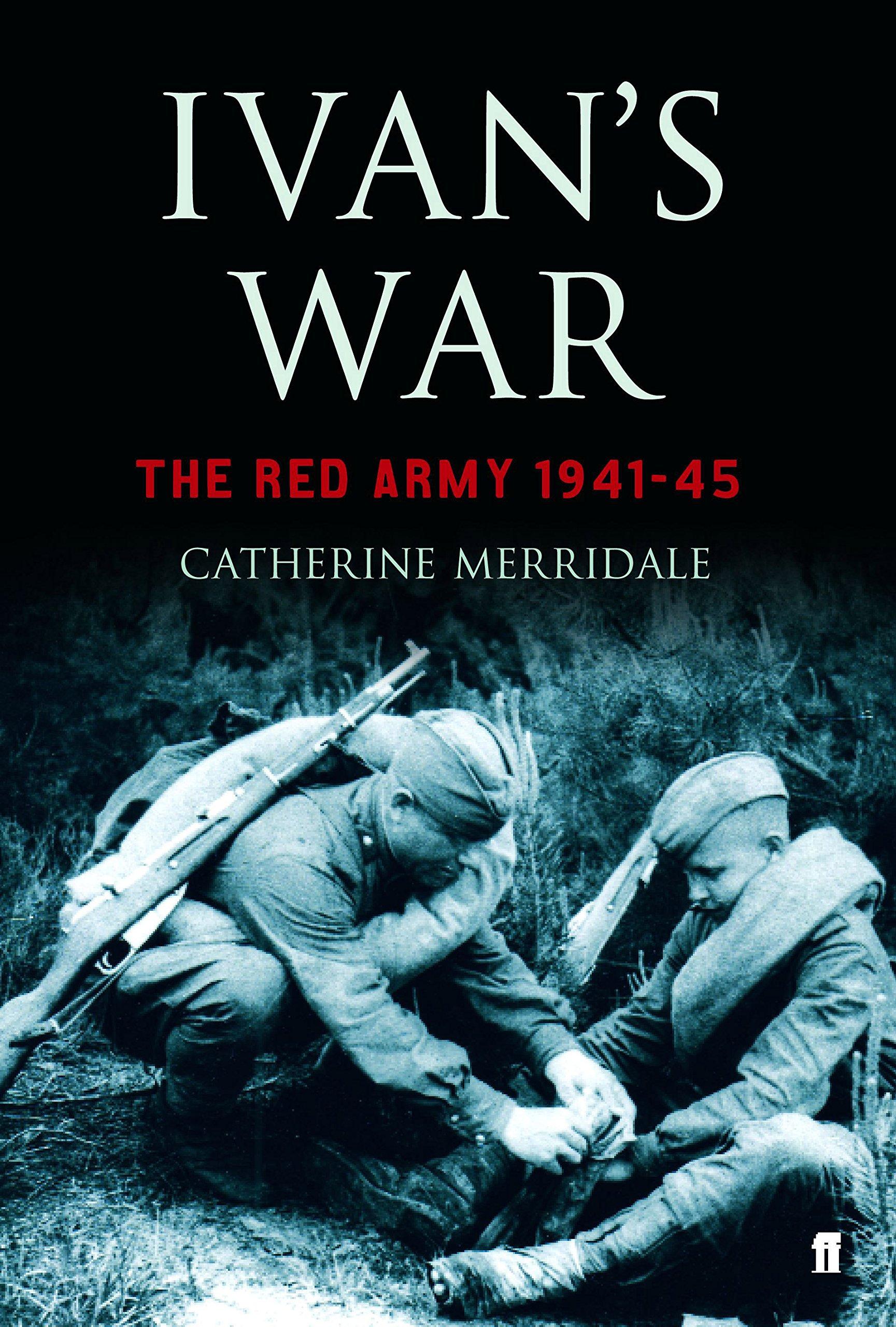
- This reply was modified 5 years ago by Jonathan Nitzan.
-
February 3, 2021 at 3:05 pm #245266
Sounds interesting, Jonathan. Off the top of my head I cannot remember if I have read a novel or book that focuses on the front-line experience.
While cinema has an abundance of war films that are too glossy and entertaining for their subject matter, there are some that do a great job representing the horrors and other-worldliness of the front line. In the case of the Russian front, I can think of two; one I have seen and one is on my to-watch list.
Andrei Tarkovsky’s Ivan’s Childhood is a beautiful, poetic film about a Russian boy who, because of his age and presumed innocence, is able to go back and forth across German lines. He survives on the handouts of Russian soldiers who use him to relay intelligence.
Come and See, which I have yet to watch, has been getting a lot of attention since its restoration. It is the type of film that definitely critiques the argument that, by virtue of showing acts of war, all war films are anti-war films. This argument might come across as naive, but this is how Steven Speilberg argued that Saving Private Ryan was anti-war.
-
February 3, 2021 at 5:44 pm #245268
Some memorable war novels, many of them autobiographical, are listed below. They are all worth reading.
1. Babchenko, Arkadiæi. 2008. One Soldier’s War in Chechnya. Translated from the Russian by Nick Allen. London: Portobello.
2. Ballard, J. G. 1984. Empire of the Sun. A Novel. New York: Simon and Schuster.
3. Browning, Christopher R. 1998. Ordinary Men. Reserve Police Battalion 101 and the Final Solution in Poland. Reissued with a New Afterward by the Author. 1st HarperPerennial ed. New York: HarperPerennial. [Not a novel, but a masterpiece nonetheless.]
4. Céline, Louis-Ferdinand. 1932. [1983]. Journey to the End of the Night. Translated by R. Manheim. np: New Directions. [The first part of the book on WWI is unmatched.]
5. Cendrars, Blaise. 1918. [1984]. The Severed Hand. New York: Stein & Day Pub.
6. Clavell, James. 1962. King Rat. 1st ed. Boston: Little Brown.
7. Coonts, Stephen. 1986. Flight of the Intruder. Annapolis, Md.: Naval Institute Press.
8. Deighton, Len. 1982. Goodbye, Mickey Mouse. 1st ed. New York: Knopf: Distributed by Random House.
9. Duffy, Peter. 2003. The Bielski Brothers. The True Story of Three Men Who Defied the Nazis, Saved 1,200 Jews, and Built a Village in the Forest. 1st ed. New York: HarperCollins.
10. Fisher, David. 1983. The War Magician. New York: Coward-McCann.
11. Gary, Romain. 1960. A European Education. New York: Simon and Schuster.
12. Graves, Robert. 1929. Good-bye to All That. An Autobiography. London: Cape.
13. Hameiri, Avigdor. 1952. The Great Madness. New York: Vantage Press 1952.
14. Hasek, Jaroslav. 1937. The Good Soldier: Schweik. Translated by P. Selver. Garden City New York: The Sun Dial Press, Inc., Publishers.
15. Levi, Primo. 1960. If this is a Man. Translated from the Italian by Stuart Woolf. 2nd ed. London: Orion Press.
16. Malraux, André. 1934. Man’s Fate: La Condition Humaine. New York: Modern Library.
17. Marlantes, Karl. 2010. Matterhorn. A Novel of the Vietnam War. 1st ed. New York: Atlantic Monthly Press: Distributed by Publishers Group West.
18. MacLean, Alistair. 1955. H.M.S. Ulysses. London: Collins.
19. Monsarrat, Nicholas. 1951. The Cruel Sea. 1st ed. New York: Knopf.
20. Orwell, George. 1938. [1966]. Homage to Catalonia. (And Looking Back on the Spanish War). Harmondsworth, Middlessex, England: Penguin Books in association with Martin Segker & Warburg.
21. Remarque, Erich Maria. 1929. [1982]. All Quiet on the Western Front. New York: Ballantine Books.
22. Remarque, Erich Maria. 1954. A Time to Love and a Time to Die. Translated from the German by Denver Lindley. New York: Harcourt Brace.
23. Wouk, Herman. 1951. [2003]. The Caine Mutiny. A Novel of World War II. 1st ed. Boston, MA: Little Brown and Co.
24. Wouk, Herman. 1971. The Winds of War: A Novel. 1st ed. Boston: Little Brown.
25. Wouk, Herman. 1978. War and Remembrance: A Novel. 1st ed. Boston: Little Brown.
-
February 3, 2021 at 9:17 pm #245270
Thanks for the list, Jonathan. I have read Herman Wouk’s two-novel epic. The strength of that story, in my opinion, is how Wouk helps you imagine how big these “war machines” are. His description of Midway in unforgettable.
-
-
February 9, 2022 at 4:20 pm #247781
I can reccomend The Unwomanly Face of War: https://www.penguinrandomhouse.com/books/540744/the-unwomanly-face-of-war-by-svetlana-alexievich/. The experiences of Soviet women medics, pilots, guerillas in WW2.
-
February 1, 2021 at 11:36 am #245258
When I am not reading course-related readings, I am working my way through Weltschmerz: Pessimism in German Philosophy, 1860-1900 by Frederick C. Beiser (Oxford University Press). I for one am really interested in pessimist philosophy, but many of the major players in the movement are inaccessible to those who cannot read German. This book (so far!) is an excellent survey of Schopenhauer’s philosophy and the waves he made in Germany. The book discusses his critics, followers, and those who made major changes to his philosophy.
-
March 31, 2021 at 2:51 pm #245443
A very interesting list of books so far. Since my late 20s, I have been afflicted with a disease of not being able to suspend my disbelief long enough to read fiction. As a child I used to love getting lost in fantasy worlds, spending whole days reading novels. Now I can’t seem to do it. It started with not being able to read novels. More recently I’ve had a harder time watching movies. (But maybe that’s just because, as James has showed, Hollywood movies are increasingly derivative franchises. But I digress.)
That said, I have been enjoying reading what fiction writers have to say about current affairs. Cory Doctorow (https://pluralistic.net/) is particularly insightful … and unbelievably prolific. Seriously, a blog post a day, multiple articles a month, a book a year. Who is this guy?
I am also enjoying Peter Watts’ blog (https://www.rifters.com/). Like Doctorow, Watts is a sci-fi writer who also writes interesting stuff about science and current affairs.
Fiction writers have a knack for explaining things in such a simple way. If you gave the same idea to an academic, you’d probably get back a garbled, obtuse explanation.
-
June 16, 2021 at 10:28 pm #245808

When I first read Jose Saramago, I started with Blindness and could only make it about 60 pages. Saramago’s style is beautifully poetic, but you have to give his writing your complete attention. If infinite regress is described with “turtles all the way down”, Saramago’s sentences are sub-clauses all the way down. The Double might be my best personal entry to Saramago’s novels. Its philosophical exploration of the self is, at least for me, a page turner (except that a page turner, for Saramago, is me re-reading the same paragraph over and over).
* For those who have read Blindness, I will definitely return to it. I actually think about that novel a lot, even if I never completed it. Something about its premise, I guess …
-
August 4, 2021 at 10:57 am #245873
A few worthwhile novels about Japan, its culture and power structure, by non-Japanese authors:
1. First on the list is James Clavell’s 1975 Shogun. The story takes place in the early 17th century, but you’ll learn from it more than from any other novel. Also, you won’t be able to put it down.
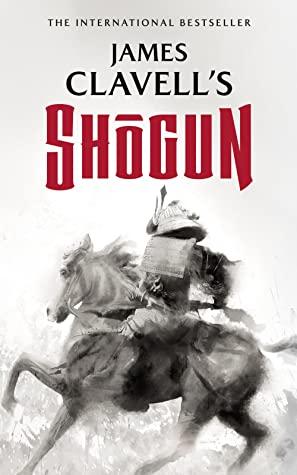
2. The sensational success of ‘Shogun’ lured tens of thousands of university undergraduates to Japanese studies programs. Academic experts on the subject, envious of Clavell’s success, dissected his work but failed to find meaningful inaccuracies.
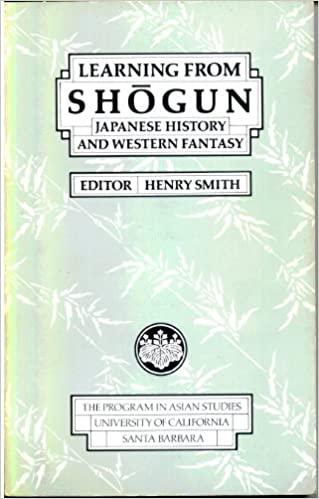
3. Peter Tasker, a top financial analyst based in Japan, fast-forwards Clavell to the 21st century. His detective novels, like Samurai Boogie and Buddha Kiss, expose the underbelly of modern-day Japan.
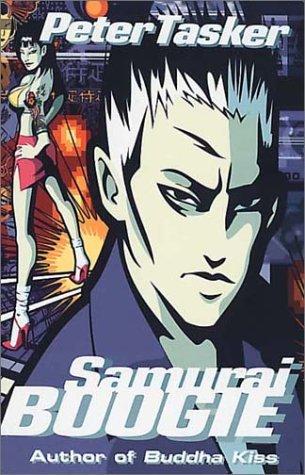
4. Jake Adelstein’s 2009 novel Tokyo Vice is the true story of an American crime reporter who got entangled with the Yakuza. Hold on to your seat.
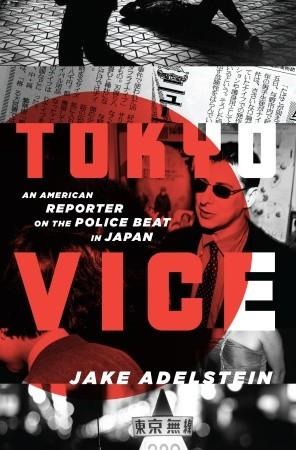
5. Michael Crichton’s novels are almost always sharp and riveting. His 1992 Rising Sun, written when Japan was still seen as a ‘threat’ to American supremacy, is no exception.
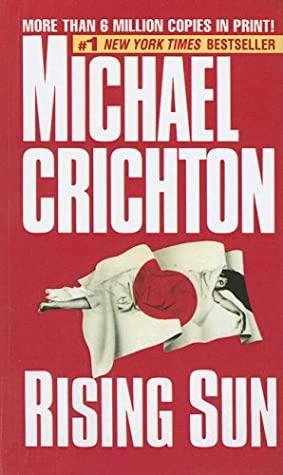
- This reply was modified 4 years, 6 months ago by Jonathan Nitzan.
-
October 7, 2021 at 7:10 pm #246978
I just finished reading Stephen Jay Gould’s book ‘Full House’. I always find Gould interesting, if a bit pretentious and long winded.
-
December 8, 2021 at 4:07 pm #247313
Just finished Dostoevsky’s Crime and Punishment. It was about crime, and the punishment of crime. It was also about Russia.
Next on my list is Olga Tokarczuk’s Drive Your Plow Over the Bones of the Dead. English translations of her work have been appearing in the past few years. The title of the book and many chapters draw from Blake’s “Proverbs of Hell”.
-
January 29, 2022 at 7:17 pm #247680
I just picked up English translation of The End of the Megamachine, which is available on SCRIBD for “free” (if you have a subscription) and for sale by all the usual suspects.
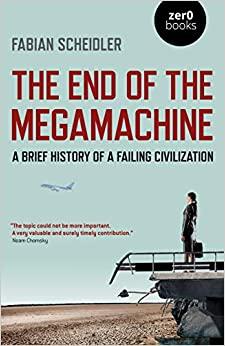
I am also skimming Peter Temin’s The Roman Market Economy (available at the same outlets as above)
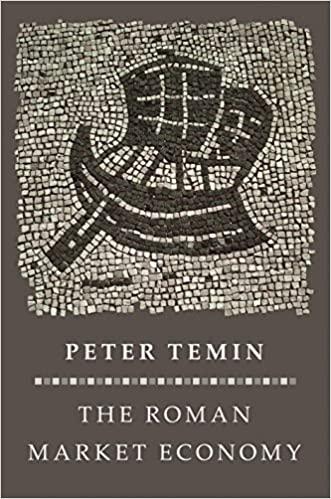
-
April 21, 2022 at 4:36 pm #247932
I finally started reading The End of the Megamachine. It begins with an interesting discussion of power, generally, that lends itself to CasP analysis. Specifically, it introduces (at least to me) the idea of “structural violence” (or structural coercive power) as a mechanism for creating/enforcing order. To me, the “market” exists to enforce structural violence in the capitalist mode of power.
-
-
February 9, 2022 at 4:25 pm #247784
The Comanche Empire: https://yalebooks.yale.edu/book/9780300151176/comanche-empire. Another possible reason why the South West US is not Northern Mexico.
-
April 28, 2022 at 3:32 pm #247966
I’m re-reading Gabriel Garcia Marquez’ Love in the Time of Cholera. I’ve long said it is one of my favourite books of all time, but recently realized that I didn’t actually remember the story that well. It has definitely been worth the re-read. As with most writing from Latin American authors, power and political economy stalk the pages and the characters.
I recently finished NK Jemisin’s amazing Broken Earth trilogy. Like a lot of sci-fi / fantasy it takes some work to get into the language—just as it does with much philosophy—but once you do, it is seriously page-turning.
Blair, I wonder how you’d feel about the short stories of Ted Chiang. They are works of fiction, but you can tell how deeply researched they are. He brilliantly extrapolates from reality to tell a compelling story, while also offering important insights for our actual present and potential futures.
His short story ‘The Story of Your Life’ was the basis of the movie Arrival, which is one of the best things Hollywood has produced in years. And the story and movie are different enough that each has its own merits. The story ‘The Truth of Fact, The Truth of Feeling‘ is a phenomenal exploration of the difference between truth and record-keeping. These too often get conflated. ‘The Great Silence‘ contrasts our obsession with finding evidence of extraterrestrial life with our wilful blindness to the incredibly alien lifeforms that share our planet.
-
April 29, 2022 at 4:19 pm #247977
Blair, I wonder how you’d feel about the short stories of Ted Chiang.
I’m not familiar with his work. I’ll check it out.
On another note, my daughter has recently become obsessed with audiobooks, so I am getting my fiction fill through her (admittedly, not the books I’d read myself). We’re working our way through the Roahl Dahl corpus. It’s funny how insane many of his ideas are.
I’m actually thinking that if I do get back into fiction, it will be through audiobooks. I spend all day reading and writing. It would be nice to put on an audiobook and go for a walk at the end of the day!
-
April 30, 2022 at 8:48 am #247979
It would be nice to put on an audiobook and go for a walk at the end of the day!
That’s how I first “read” Chiang’s second collection of short stories, Exhalation. It is not quite as good as his first. But it is still extremely excellent.
I also like audiobooks for more narrative history. It was a good way to “read” Tooze’s The Deluge.
-
-
July 20, 2022 at 3:47 pm #248133
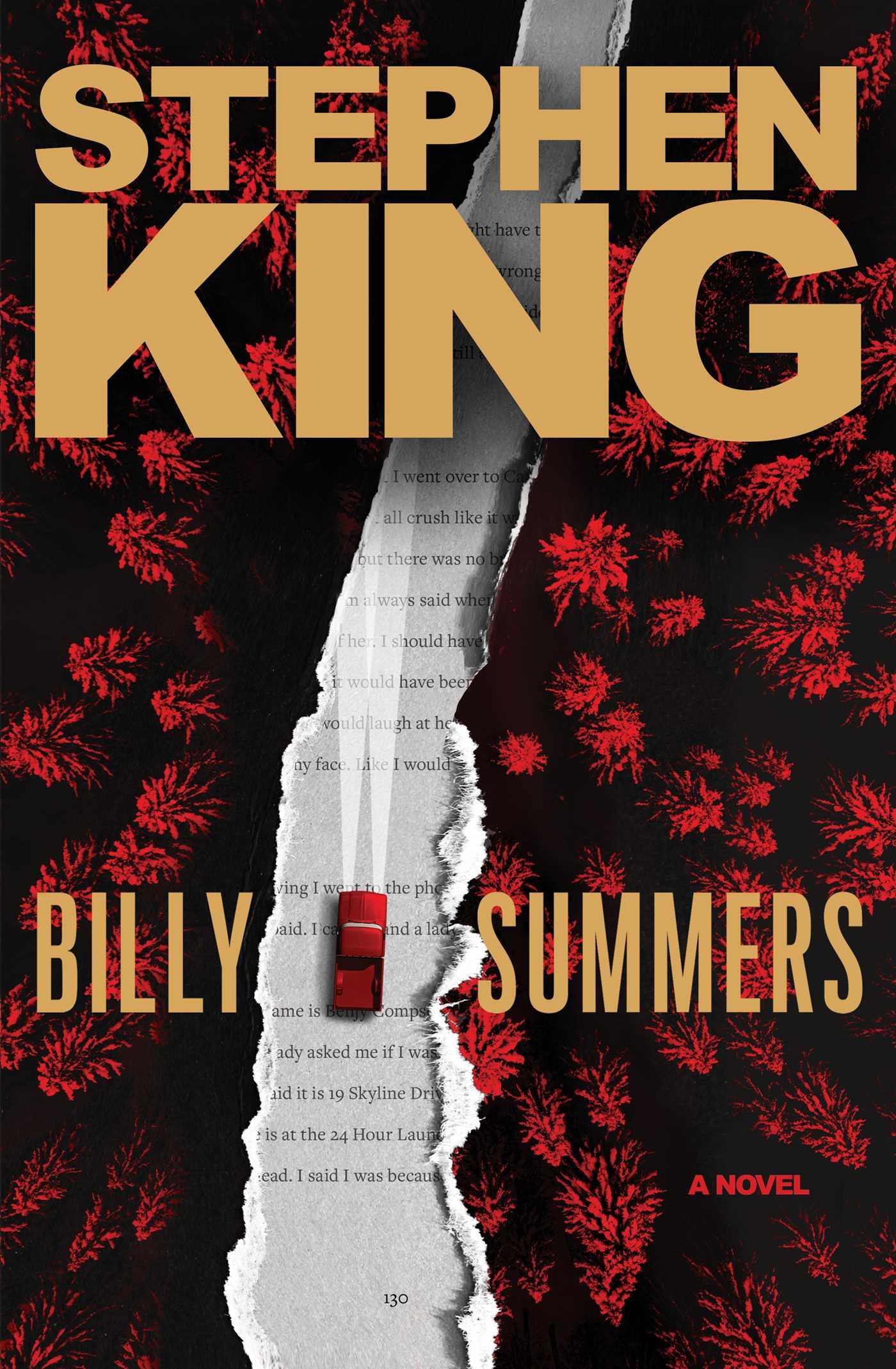 Path Dependency
Path DependencyThis is Billy Summers’ last job, and, in a sense it is pre-written. It was ‘in the cards’ — or, as a theorist would say, it was ‘path dependent’.
Billy Summers, the protagonist of Stephen King’s 2021 novel, is a gun for hire. And he was bound to be.
As a boy, he shot his abusive stepfather after the man had beaten Billy’s younger sister to death; he spent his youth in a foster home; then, having nothing better to do, he volunteered to the Marine Corps; the Marines sent him to Iraq, where he became a decorated sniper; and upon his return to the U.S, he established himself as a professional assassin. He killed people for a living – but only after ascertaining they were ‘truly’ bad.
His last job – capitalized at two million dollars — is to take down an inmate on the courthouse steps, just as he enters his hearing. The inmate is definitely a bad guy, so Billy’s conscious is clear. But this is a thriller, so things aren’t what they seem to be. Billy senses he himself is next in line, and from there on the plot starts to thicken.
But the plot and its path dependencies are secondary.
Billy Summers is a book you read mostly for King’s gripping storytelling — his portrayal of backwater America, of the gruesome nature of war, of lust – particularly for power and money – and, most importantly, of the frail human psyche.
Highly recommended.
- This reply was modified 3 years, 6 months ago by Jonathan Nitzan.
- This reply was modified 3 years, 6 months ago by Jonathan Nitzan.
- This reply was modified 3 years, 6 months ago by Jonathan Nitzan.
-
October 29, 2022 at 2:33 pm #248490
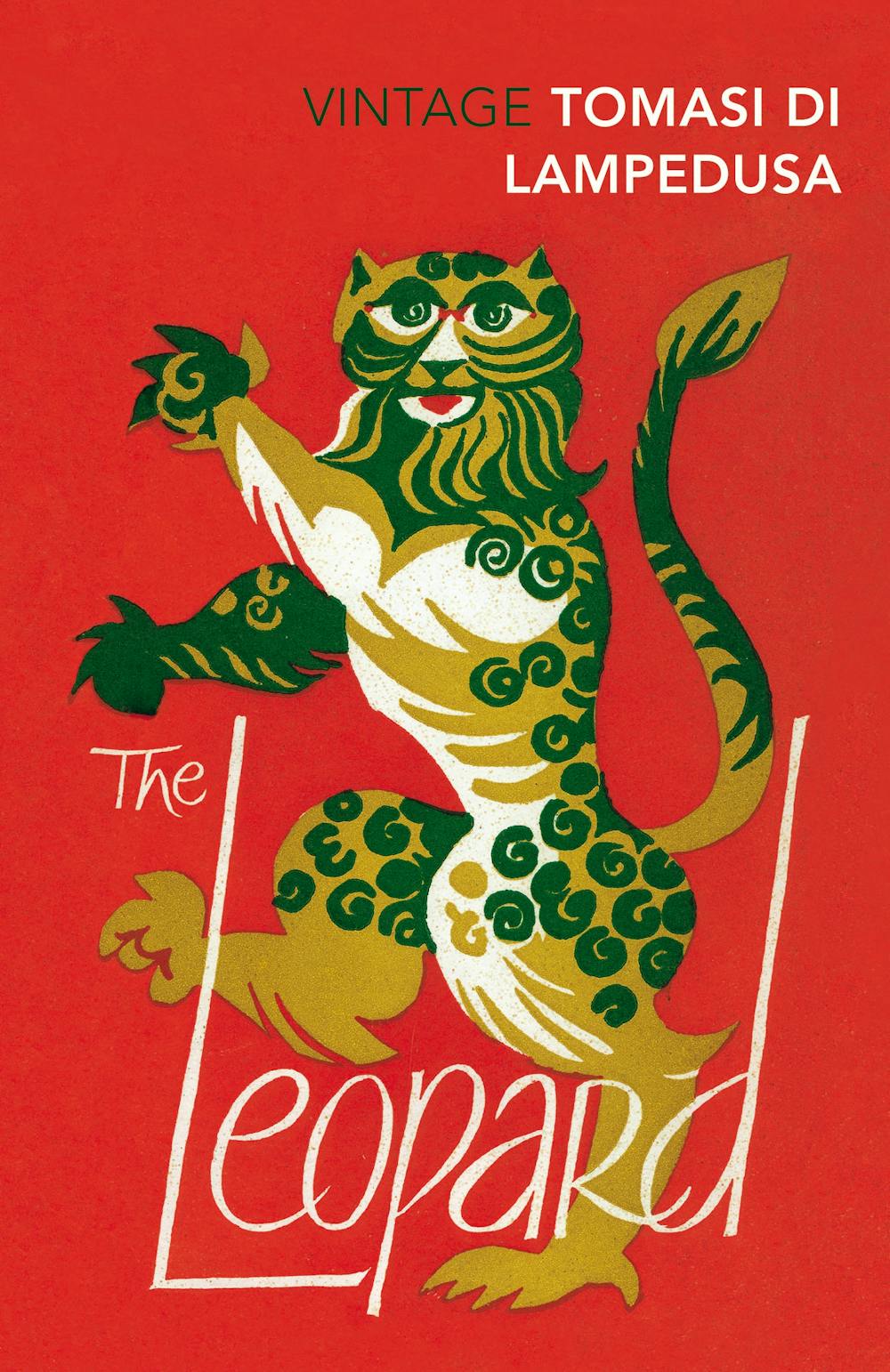
Giuseppe Tomasi di Lampedusa’s The Leopard (translated from Italian).
This novel does not so much chronicle the unification of Italy, the Risorgimento, as it does the internal experiences of a noble family seeing their future irrelevancy written on the wall.
I’m reading it anticipation of re-watching Visconti’s film, The Leopard.
-
October 31, 2022 at 6:09 pm #248501
James: I haven’t read the book but I watched Visconti’s The Leopard last winter. I thought the movie was really interesting, and visually stunning!
My favourite fiction book this year has been The Silentiary, by Antonio di Benedetto. It’s a darkly comic story of a man’s existential struggle against the world and its noise. It’s also about writer’s block.
I am looking forward to reading another from di Benedetto’s “Trilogy of Expectations” this fall, Zama.
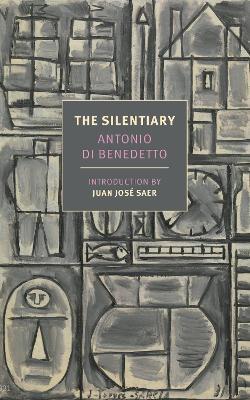
I also enjoyed reading 2312 by Kim Stanley Robinson this summer. I think it qualifies as ‘hard’ sci-fi, meaning it spends a lot of time making the future ‘make sense’ in the context of our present – technologically as well as politically. It’s a bit more optimistic vision of the distant future than I would necessarily grant in that context, but that is part of what I liked about it – the writing is imbued with belief in and admiration for the creative powers of human society. It’s also a gripping adventure and a highly imaginative and rich exercise in world-building.
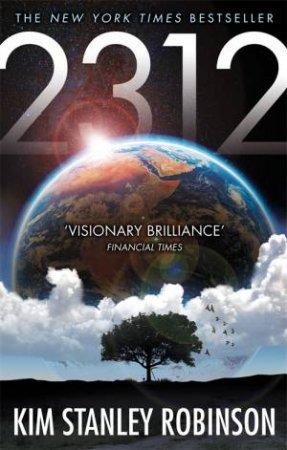
-
October 31, 2022 at 10:07 pm #248502
Nice recommendations, Chris. I have a Pavlovian response to the cover for di Benedetto. Novels published by NYRB follow a style template, and I come across them all the time in used book stores like BMV in Toronto. As for Robinson, I have a long list of sci-fi to read, but adding one more won’t hurt.
The Leopard the film is so beautiful and it attempts capture the magnitudes of the noble lifestyles and the revolutionary change. In terms of being a history of Sicily at the time, I think the film is hard to follow. I’m discovering that this might reflect a theme in the book — the future will not include the Prince (played by Burt Lancaster in the film) and it does not entirely matter which party leads the unification of Italy.
James: I haven’t read the book but I watched Visconti’s The Leopard last winter. I thought the movie was really interesting, and visually stunning! My favourite fiction book this year has been The Silentiary, by Antonio di Benedetto. It’s a darkly comic story of a man’s existential struggle against the world and its noise. It’s also about writer’s block. I am looking forward to reading another from di Benedetto’s “Trilogy of Expectations” this fall, Zama.
 I also enjoyed reading 2312 by Kim Stanley Robinson this summer. I think it qualifies as ‘hard’ sci-fi, meaning it spends a lot of time making the future ‘make sense’ in the context of our present – technologically as well as politically. It’s a bit more optimistic vision of the distant future than I would necessarily grant in that context, but that is part of what I liked about it – the writing is imbued with belief in and admiration for the creative powers of human society. It’s also a gripping adventure and a highly imaginative and rich exercise in world-building.
I also enjoyed reading 2312 by Kim Stanley Robinson this summer. I think it qualifies as ‘hard’ sci-fi, meaning it spends a lot of time making the future ‘make sense’ in the context of our present – technologically as well as politically. It’s a bit more optimistic vision of the distant future than I would necessarily grant in that context, but that is part of what I liked about it – the writing is imbued with belief in and admiration for the creative powers of human society. It’s also a gripping adventure and a highly imaginative and rich exercise in world-building. 
-
November 1, 2022 at 10:28 pm #248517
Yes, it might be a stylistic choice. There is certainly a clear ambivalence (but is it the Prince’s, or the author/director’s?) as to whether the new political order at all represents ‘progress’ for Italy…
-
-
-
February 22, 2023 at 7:32 pm #248913
José Saramago, Cain
Read this because I seem to recall it being recommended in a book list from this forum. Was a while back.
Short read. Maybe am jaded or impatient but I realized early on a writer would not bother to commit to writing a novel as seemingly on the nose as this appeared to be. On the nose in the sense of a not-too original, likely ancient while current, perception and critique of the Hebrew God. On the nose in the sense that why, particularly this late in his apparently storied career (had not heard of him, which means nothing), would a writer take to writing something so on the nose and hardly original.
Still, what he (Saramago) did say at the end – on the Ark – via his homicidal protagonist is worth staying up for. I don’t think it originates with Marxian philosophy but it certainly echoes through the culminations of leftist ideology into the present hour.
Is Cain right? Those who rule the West are certainly on board.
-
August 8, 2023 at 3:33 pm #249713

Blood Meridian, or The Evening Redness in the West by Cormac McCarthy
Once in a while I read a novel that makes me incredibly jealous of the author’s ability to write prose. I’m not sure where my writing abilities actually lie — they are likely lower than I estimate — but I at least know the object of my jealousy is clearly in an entirely other league. McCarthy’s writing in Blood Meridian is unbelievably good and multiple parts cause me to stop and appreciate his style.
McCarthy’s writing amplifies the ferocity of the violence in a story that has an extremely violent premise — a group of outlaws and misfits are paid by state governments to scalp as many Indigenous people as they can. This is a story of hell and the author is describing it in vivid detail … but I am finding it such a fascinating read.
-
May 28, 2024 at 9:23 pm #250068
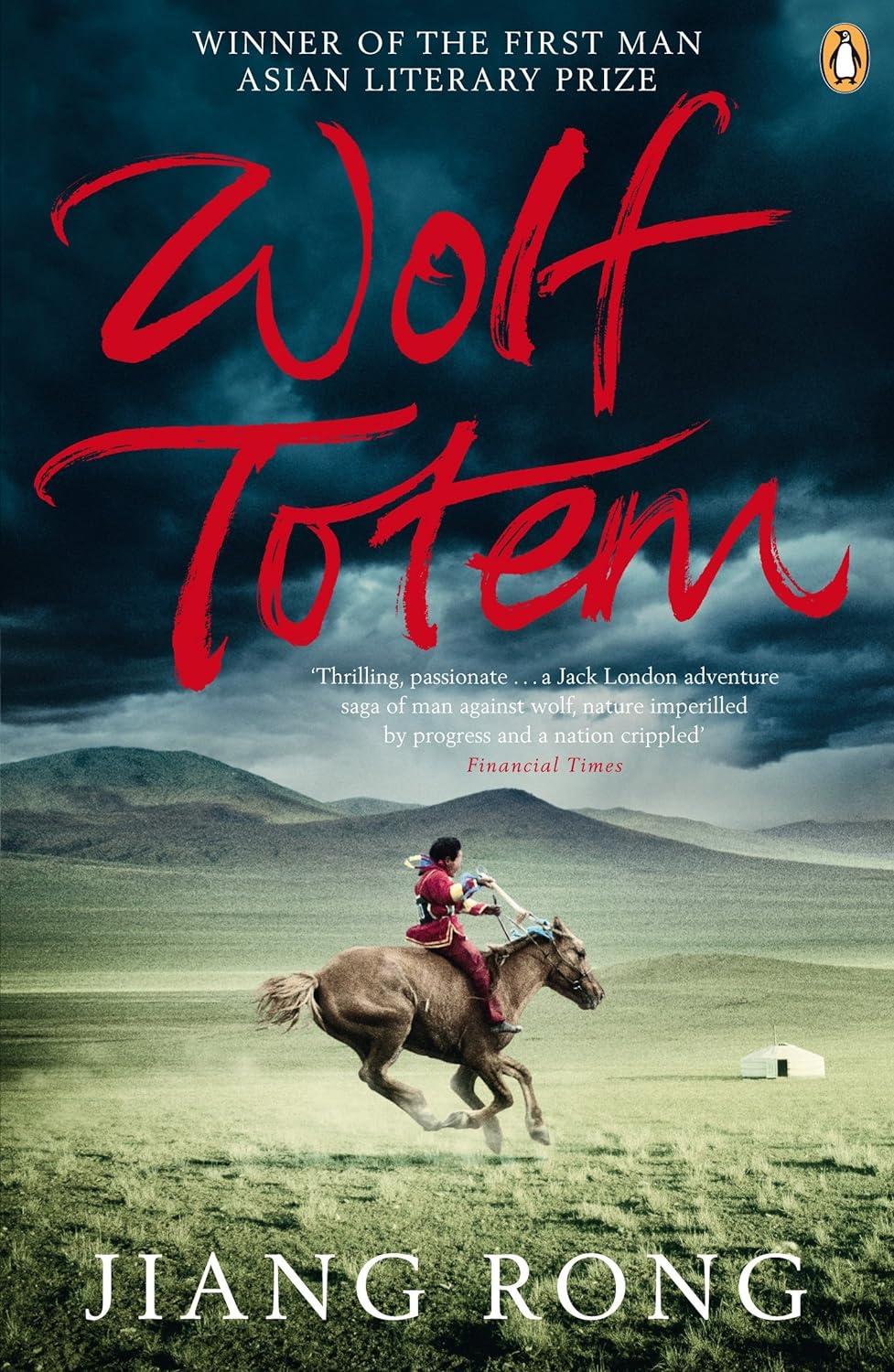
Jiang, Rong. 2008. Wolf Totem. Translated by Howard Goldblatt. New York: Penguin Press.
A semi-autobiographical novel about a Chinese student sent during the Cultural Revolution of the 1960s to live as a herder in Inner Mongolia.
The broader context is the impact of population growth on the changing balance between agricultural and nomadic life and the inevitable destruction of the latter by the former.
The focus is the radically different worldviews of the two groups — the complex, long-term holistic perception of the nomads versus the one-dimensional, short-term emphasis on the farmers.
The main axis are the wolves: their pivotal role in regulating the ecology of the steppe, their impact on the consciousness and behaviour of both humans and animals, and their lasting imprint on the historical development of Mongolia and beyond.
Thrilling.
- This reply was modified 1 year, 8 months ago by Jonathan Nitzan.
- This reply was modified 1 year, 8 months ago by Jonathan Nitzan.
-
August 22, 2024 at 6:58 pm #250131
I just finished Katharina Pistor’s book The Code of Capital: How the Law Creates Wealth and Inequality.
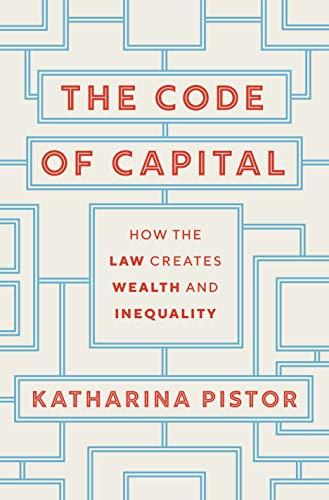
I enjoyed it, although it’s not without shortcomings. I particularly like her telling of how the law has evolved to ensconce the power of owners (my words, not hers). Most interesting (to me) is the evolutionary nature of this process. Old ideas (like the trust) get re-used, altered, and nested to create the complex legal web of ownership use by today’s ruling class. And of course, there’s the role of lawyers as the Consigliori of capitalists …
In effect, Pistor is describing what Nitzan and Bichler call the nomos of capitalism … the belief structure in which it operates and perpetuates. Nitzan and Bichler deal with this structure at a very high level. Pistor gets into the nitty gritty, which I enjoyed.
What annoyed me? Well, there are aspects of the book that are decidedly mainstream. And predictably, there’s no engagement with CasP (although one Nitzan-Bichler paper gets a mention in a footnote). But I would love to see CasP researchers dive more into the law, because it is undoubtedly what codifies capital, as Pistor observes.
- This reply was modified 1 year, 5 months ago by Blair Fix.
- This reply was modified 1 year, 5 months ago by Blair Fix.
Attachments:
You must be logged in to view attached files. -
September 27, 2024 at 11:25 am #250139
Finished Colson Whitehead’s The Underground Railroad. Liked it a lot, but I need to think more about why I don’t rate it as excellent. Stories of people surviving a horror that seems unending — The Road, The Orphan Master’s Son — can be tricky to tell, because you need tensions between hope and despair. The Underground Railroad was only a page-turner for 75% of the novel. However, the themes and descriptions of slavery in America were hair-raising.
-
September 27, 2024 at 3:55 pm #250145
I agree with your hesitancy, James. However.
I think Whitehead did a very good job describing the mental state on which U.S. slavery was built.
I thought that the most unsettling parts of the book were those describing the honorific cruelty against captured runaway slaves, cruelly that often served as lunchtime entertainment for the puritan masters and a stern warning to their remaining slaves.
This cruelty was made possible by seeing slaves as ‘non-persons’. Even where salves were liberated, like in North Carolina, they were often turned into state property, and, as such, were fair game for biological experimentation.
Slave hunters continued to operate in ‘free states’, where slavery was prohibited, on the premise that the sanctity of property trumped over the sanctity of life. These hunters acted like ‘private’ IRS or FBI agents, with trans-border privileges, to find and return runaways to their ‘legal owners’.
Finally, and perhaps most devastatingly, the slaves themselves often lacked the most basic sense of self. Families disintegrated, children were sold, parents were murdered. There was no ‘community’, let alone a stable one, so there was no social locus to relate to and construct one’s own social personality.
- This reply was modified 1 year, 4 months ago by Jonathan Nitzan.
- This reply was modified 1 year, 4 months ago by Jonathan Nitzan.
- This reply was modified 1 year, 4 months ago by Jonathan Nitzan.
-
-
October 10, 2024 at 9:46 am #250151
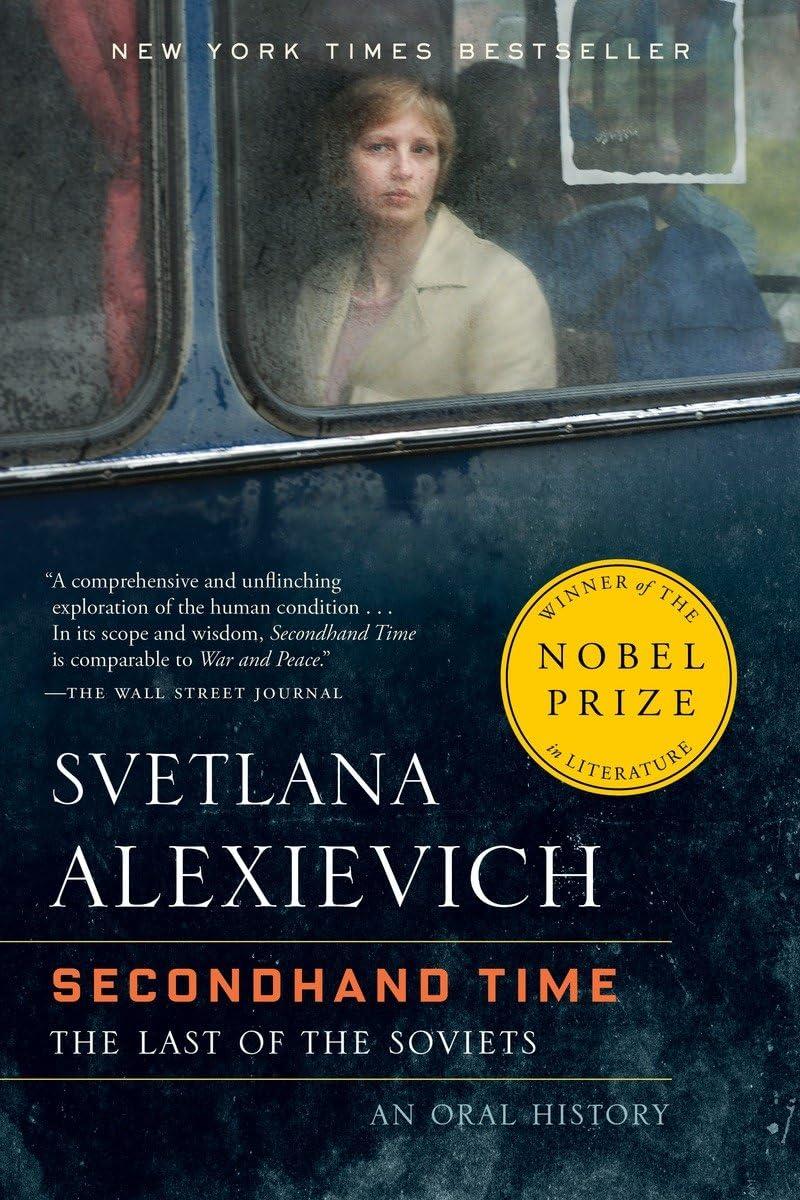
Svetlana Alexievich’s Secondhand Time chronicles the transition from the Soviet mode of power to Russia’s new capitalist mode of power. And it is unique because it is written not from the top, but from the bottom. The book is a collection of interviews conducted over a period of more than twenty years following the fall of communism. Alexievich spoke with many people from all walks of life, old and young, communist and anti-communist, those who lived in the Soviet Union and others born after its collapse. None of them belonged to the elite. They were all from the underlying population.
The stories are riveting, sometime mind-bending and often horrific. They are also very diverse and therefore difficult to generalize, certainly not after the first read.
But one lesson seems clear: hierarchical modes power, be they communist, capitalist or something else, are incredibly powerful. Stalin’s regime, like its tsarist predecessors, managed to butcher, enslave, terrorize and condition Russians in the millions. And the capitalist oligarchs and their current czar, Putin, use new social technologies to achieve similar ends.
Faced with these mega-machines, the path toward direct democracy is daunting indeed.
- This reply was modified 1 year, 4 months ago by Jonathan Nitzan.
- This reply was modified 1 year, 4 months ago by Jonathan Nitzan.
-
April 16, 2025 at 5:48 am #250271
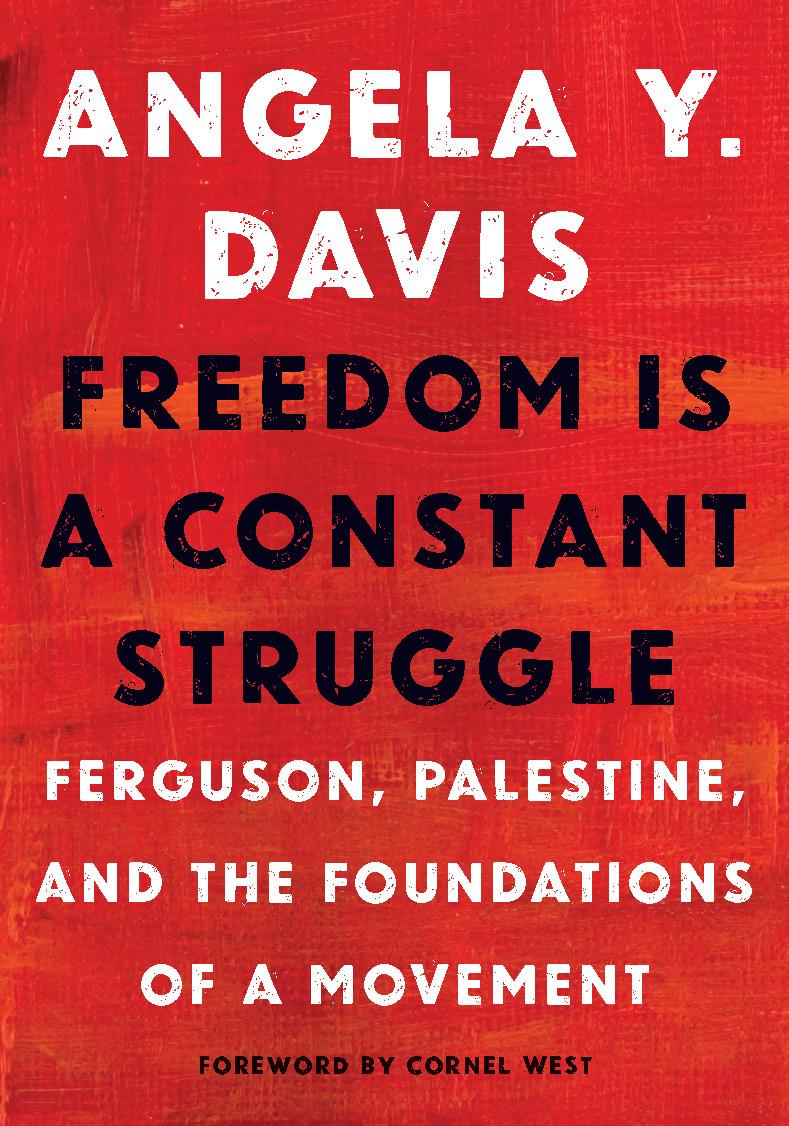
I just finished Angela Davis’s Freedom is a Constant Struggle, and honestly it hits hard in all the right ways. It’s a mix of speeches, essays, and convos that somehow manage to feel super immediate and timeless at the same time. Davis speaks from deep experience, and every page feels like it’s been lived through, not just thought up. Whether she’s talking about Ferguson, Palestine, prisons, or the long arc of Black resistance, she’s always connecting the dots, showing how these fights aren’t seperate, but part of something bigger.
What I really loved is how she moves between the personal and the global so smoothly. One minute she’s talking about political prisoners, the next she’s laying out how international solidarity can reshape the world. She lifts up the voices of people that are usually left out of the spotlight, and makes it clear that they’re not just part of the struggle, they are the struggle. There’s a kind of grounded hope in the way she talks about organizing, like she knows it’s hard and messy, but believes in people figuring it out together.
The future she’s pushing us toward isn’t just about tearing stuff down, but about building new things, schools that care instead of punish, communities that don’t rely on cops to feel safe, movements that cross borders without being co-opted. She makes a big deal about political education and staying reflective, and it shows. She’s not just calling for action, she’s showing how action needs a whole structure of understanding and trust underneath it.
If I had to say anything bad about it, it’s that some parts get a bit repetitive. Since it’s pulled from different talks and interviews, a few ideas come up again and again in the same words. That’s not a huge deal though, if anything, it kind of makes the message stick more. Still, for someone looking for fresh content every chapter, it might get a little old. But overall, this book is powerful as hell. Clear-eyed, full of heart, and honestly kind of nessasary reading right now.
-
-
AuthorReplies
- You must be logged in to reply to this topic.

